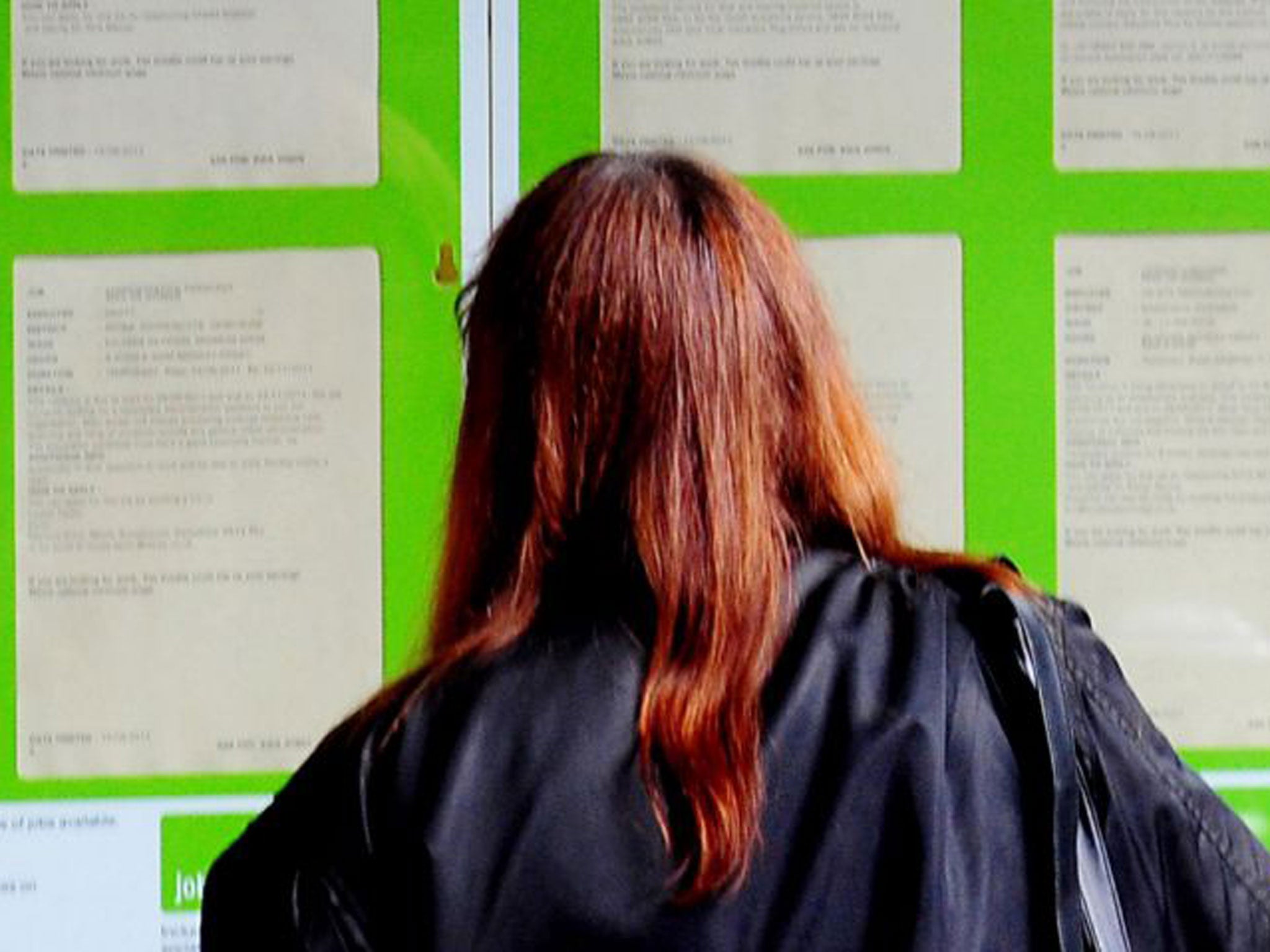Growing up in an age of austerity has left its mark on today's young people
A new survey paints a depressing picture of this generation


Your support helps us to tell the story
From reproductive rights to climate change to Big Tech, The Independent is on the ground when the story is developing. Whether it's investigating the financials of Elon Musk's pro-Trump PAC or producing our latest documentary, 'The A Word', which shines a light on the American women fighting for reproductive rights, we know how important it is to parse out the facts from the messaging.
At such a critical moment in US history, we need reporters on the ground. Your donation allows us to keep sending journalists to speak to both sides of the story.
The Independent is trusted by Americans across the entire political spectrum. And unlike many other quality news outlets, we choose not to lock Americans out of our reporting and analysis with paywalls. We believe quality journalism should be available to everyone, paid for by those who can afford it.
Your support makes all the difference.“Perhaps we are seeing the emergence of a more financially conservative generation, one that is cautious of a volatile future and is pragmatic about what they want from life, and measured in how they can achieve it.” These carefully-calibrated words, taken from a significant report into the attitudes and aspirations of people born since the turn of the millennium, would appear to be in sharp contrast to the picture we've been presented of today's teenagers by some newspapers.
Those images of young mini-skirted women, drunk and disorderly, on the streets - and sometimes in the gutters - of Britain's cities are clearly masking the truth. Binge Britain? Hardly. According to this survey of 2,700 11-16 year-olds, this is a generation more likely to be at home, worrying about the debt crisis, and too concerned about their career prospects even to think about the hedonistic temptations to which teenagers have customarily been prey.
It's a pretty depressing picture, if you ask me. This survey, undertaken by MORI for the National Children's Bureau, concludes that a majority of young people today believe their lives will be harder than those of their parents. This is unprecedented - sadly, it's almost certainly true - and it leaves the tricky question of why this should be so.
I have noticed that my daughter and her friends - in their mid-twenties - are much more socially aware, and also conservative in their social attitudes, than ever I was at that age. They appear to worry more - anything from global warming to being unfriended on Facebook - and have much a more responsible attitude towards drugs. And now we discover that those who are even younger are so bedevilled by financial concerns that they can hardly stir themselves to watch another episode of Friends.
A third of the young people interviewed were worried about their parents' financial situation, and a whopping 63 per cent said they were anxious about getting a job when they left school. They also believe their parents work too hard, and are clear that being born into a wealthy family turns out to be an extremely clever career move. Growing up in an age of austerity has clearly left its mark on this generation. But that only tells part of the story. Today's teenagers are surrounded by media in a way previous generations never were. They are connected to the wider world. They are also given choices, and have a once unimaginable level of self-determination. The awareness and these freedoms mean an accelerated development, and, with that, comes a greater sensitivity towards real-life issues that those of us who were born into a much more licentious age still have difficulty tackling.
I blame the parents. We impose ourselves on our children's lives in a way our own parents never did. They would let us get on with things, and we either worked it out or not. Today's parents interfere, get involved, take their children out of school to go on holiday, expose them to a lot of adult company, but at the same time convey a creeping anxiety about the dangers outside the home. It's no wonder the teenagers of 2014 are old before their time.
Join our commenting forum
Join thought-provoking conversations, follow other Independent readers and see their replies
Comments